Nutrition I Maximize Your Fitness Gains with Pre-Workout and Post Workout Nutrition...
Introduction
When implemented properly and consistently, strategic pre-workout and post-workout supplementation can greatly increase the effectiveness of your training. Without optimum nutritional strategies, the body's response to training can only be considered a compromise at best.
From this perspective, training and diet (nutritional support) have to be considered as one in the same; the food and supplements that you take, and the work that you faithfully perform at RHF, are both part of your training.
Your biology is your biography as I say time and time again.
Why it is needed
Exercise causes acute changes in the metabolic environment of muscle tissue. First, there is a significant increase in blood flow to working muscles. There is also a sharp increase in catecholamines (hormones like noradrenalin & adrenalin). These changes favor catabolism (breakdown) during exercise and anabolism (build up) immediately after exercise. Because these changes are acute, some lasting only a few hours, the pre and post exercise meals are critical to optimizing the anabolic effect of exercise.
Pre-Workout Nutrition: Starting the Metabolic Fire
Having a pre-workout meal plan is smart, healthy, and beneficial. It provides you with energy, power, and strength to push your workouts to the max and may speed recovery. But did you know that the time frame in which you consume your meals is just about as important as the workout itself? For best results, you need to consume your meals within 2 hours before you begin your workouts, so your body has adequate amount of energy to perform.
A small dose of protein (5-10 g), a small dose of carbohydrates (10-20 g) and an electrolyte mix (containing B vitamins and minerals) will do the trick. It is never a one size fits all approach. You may need to play around with the ratios and timing to acclimate to your body’s digestion capacities. Calories should range from 75-200.
Post Workout Recovery Formula: The 45 Minute Window
During exercise muscles use metabolic fuels at an accelerated rate. In order for physical work to be continuous, the body mobilizes stored fuels for metabolic use (making fatty acids, glucose, and amino acids available for oxidation). This is a catabolic (breakdown) process and cannot occur simultaneous to anabolic (buildup) processes (such as glycogen formation and protein synthesis). In order for the body to recover from exercise, the catabolic environment must be quickly changed to an anabolic environment. The food that you eat after training affects the hormonal processes in your body in order for this to take place. With the rapid introduction of carbohydrate, protein, and fat into the system post exercise, the body is able to begin reparations on damaged tissue and replenish fuel reserves. Your workout is over after you have your post-workout recovery formula.
A carbohydrate/protein of 3:1 or as high as 5:1 will do the trick. Fat intake should be minimal (essential fats).Calorie intake should range from 150-350. The window diminishes greatly after 45 minutes. So, get your post workout recovery in right away for best results.
Summary
Pre- and post-exercise nutrition is critical if one wants to maximize the anabolic effects of exercise.
The pre-exercise meal should be high in a quickly digestible protein (whey). This will ensure high delivery of amino acids to the muscle tissue. Carbohydrates can also be taken to minimize glycogen loss and suppress catabolic hormones. Fat should be avoided pre-exercise unless the exercise is for endurance. The most convenient way to get nutrition into the body is through food-form supplements. Fruit also works great so eat up!
The post exercise meal should consist of carbohydrate, protein and perhaps a small amount of essential fats, in a form that is easily and quickly digestible. There are many products that fit the bill. Isagenix® is the product of choice at Rock Hard Fitness.
A liquid meal is the most practical method of post-exercise feeding although you may eat solid food. The ratio of macronutrients depends somewhat on the nature of the training session. An emphasis on high glycemic carbs, complete readily digestible proteins such as whey, egg, or high quality casein, and essential fats such as fish or flax oil will meet the criteria for an effective post exercise meal.
Fluids
We have to mention fluid replacement when talking nutrition. Hydration is extremely important on the cellular level. Muscle growth is inhibited by dehydration. The rate at which you become dehydrated from training depends on how much you sweat. Some people sweat a lot when training and others sweat noticeably less.
A good rule of thumb is:
To drink half your ideal body weight in ounces as a minimum per day and up to your ideal body weight in ounces as a maximum. Exp. your ideal weight is 150 pounds, your minimum is 75oz. and your max is 150oz.
Another way to assess hydration goals: 1 ml for every calorie that you need. So, if you eat 3,500 calories a day, try to drink 3 1/2 liters of water (50 ounces). If you exercise in hot or humid climates add 16oz. of water for every pound you lose while exercising.
Worth noting…
There is some evidence to suggest that some sugars may disrupt the anabolic effects of exercise and harm your training gains, but more evidence is needed to support this theory.

